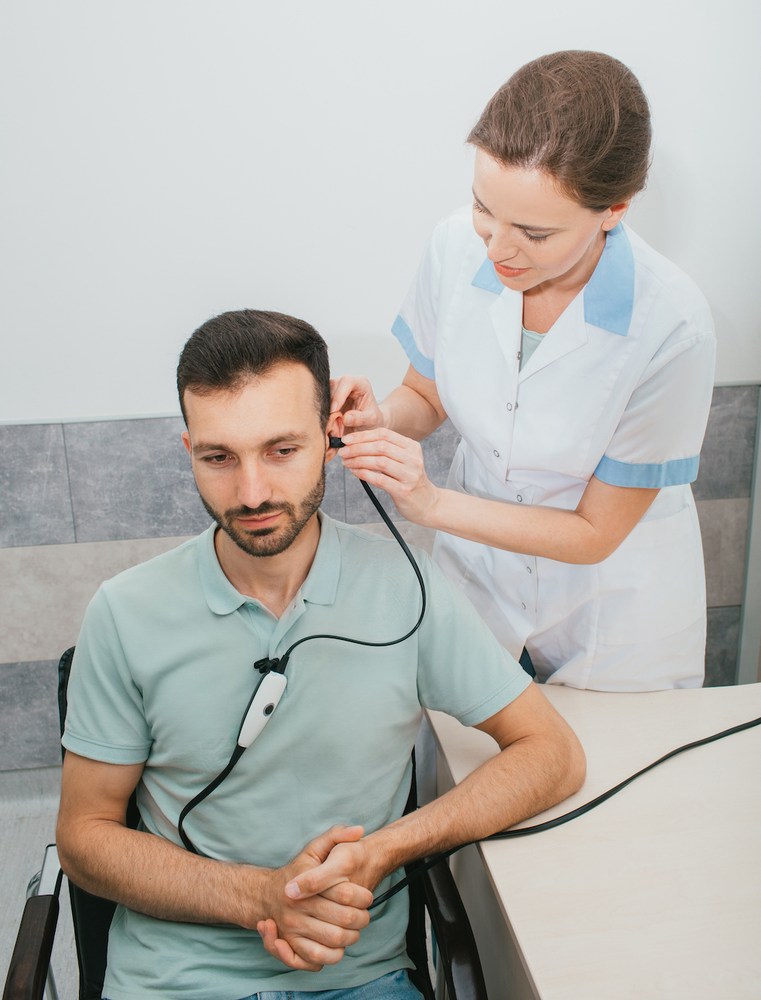How Hearing Tests Correlate with Other Health Markers
Sometimes a hearing test isn’t just a hearing test. Diagnosed hearing
OUR VILLAGES LOCATION HAS MOVED! OUR NEW ADDRESS IS 11938 C.R. 101, SUITE 130 IN THE PALM RIDGE PLAZA IN THE CATARACT SPECIALIST OFFICE.


Sometimes a hearing test isn’t just a hearing test. Diagnosed hearing

Living in a modern world, there is a difference in hearing aid types and

Your hearing instrument specialist (HIS) can provide you with a hearing